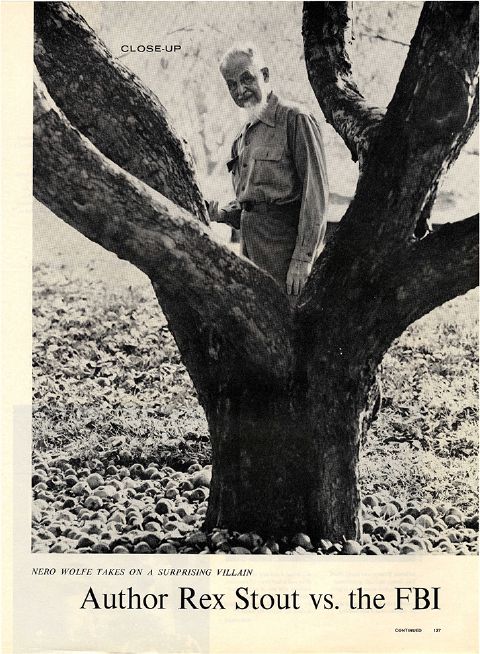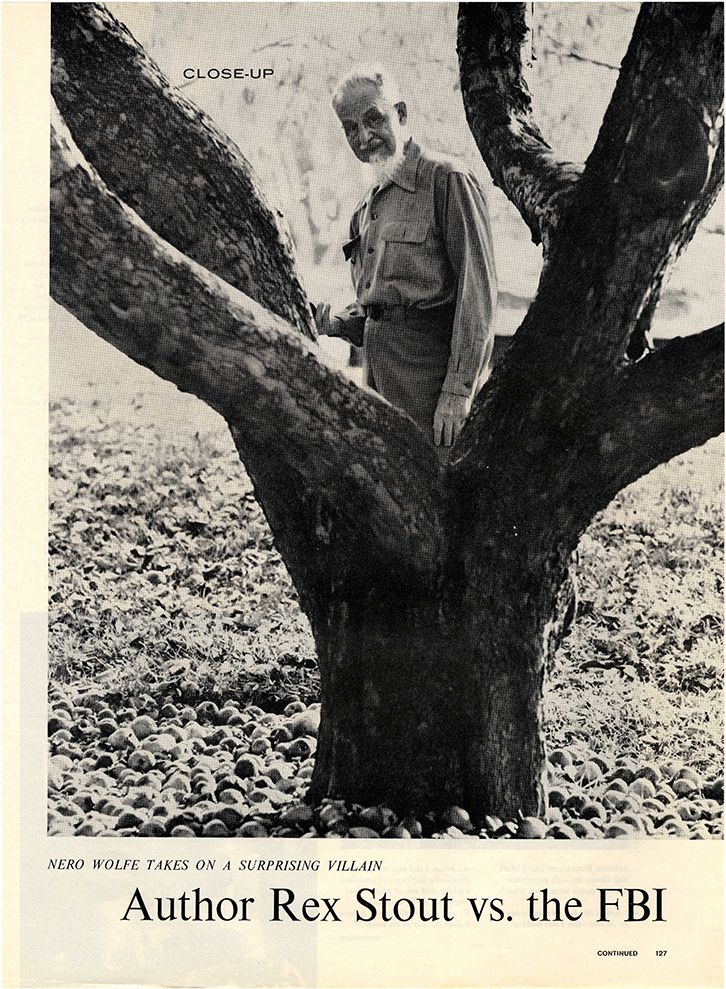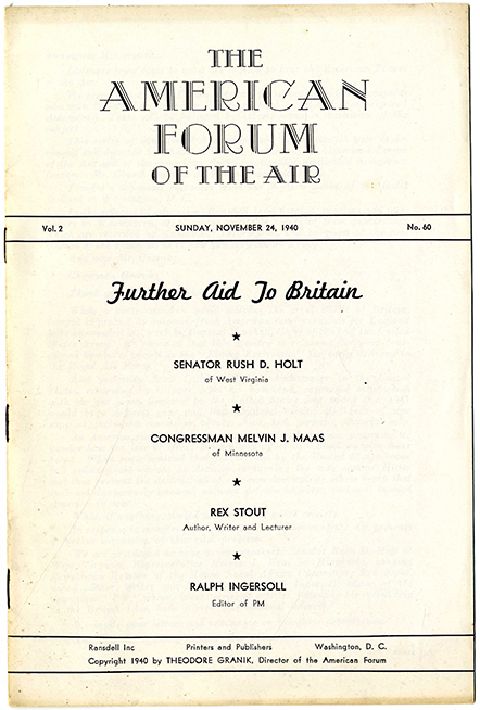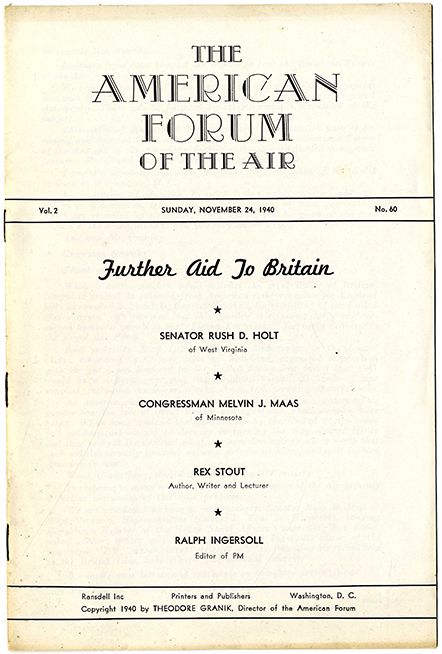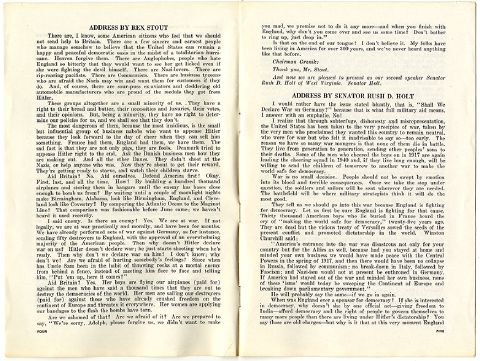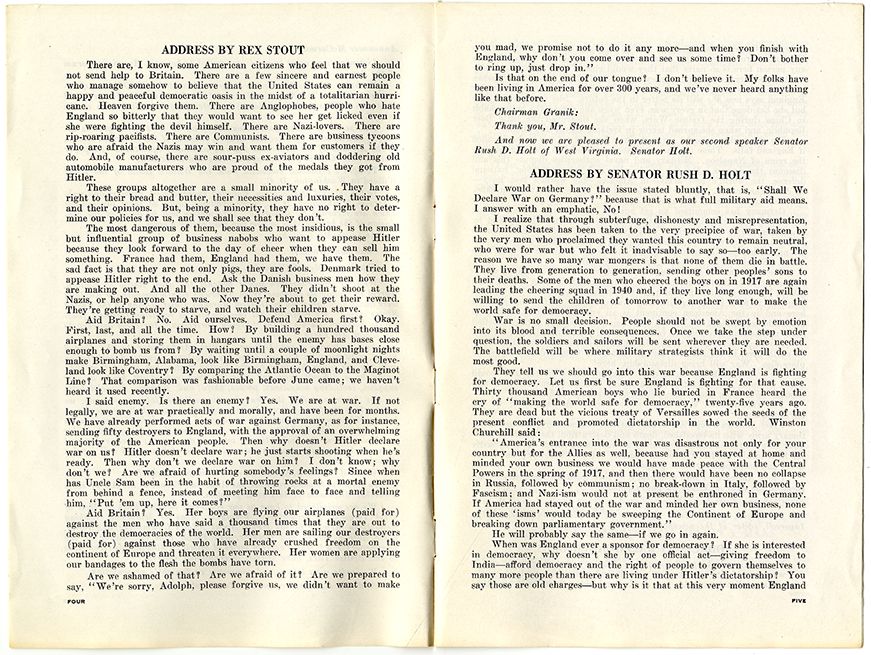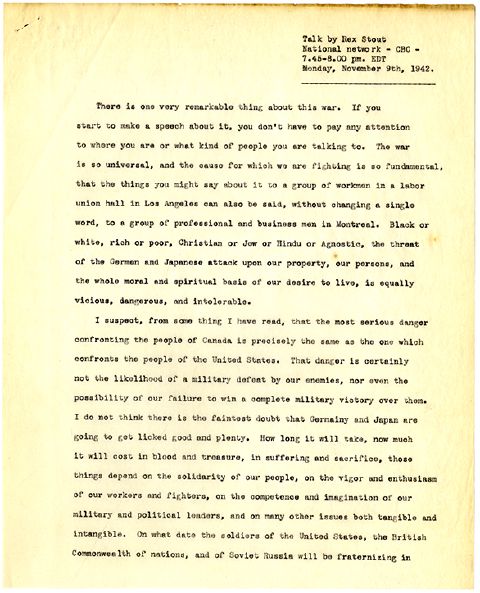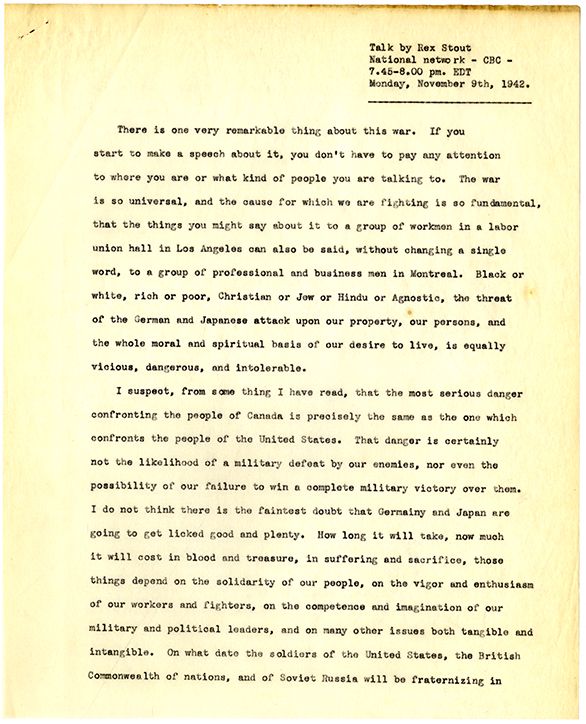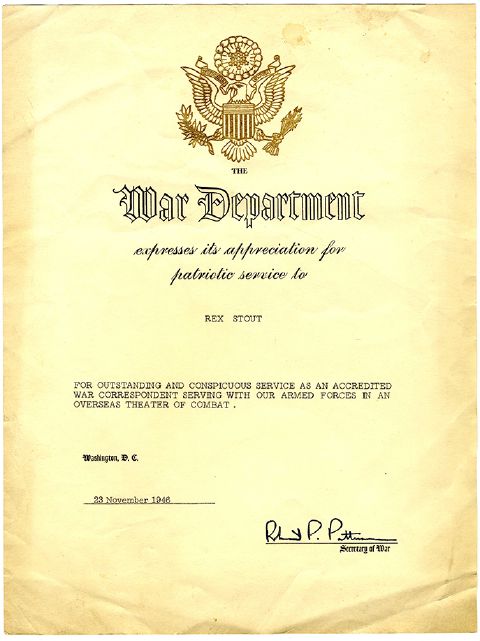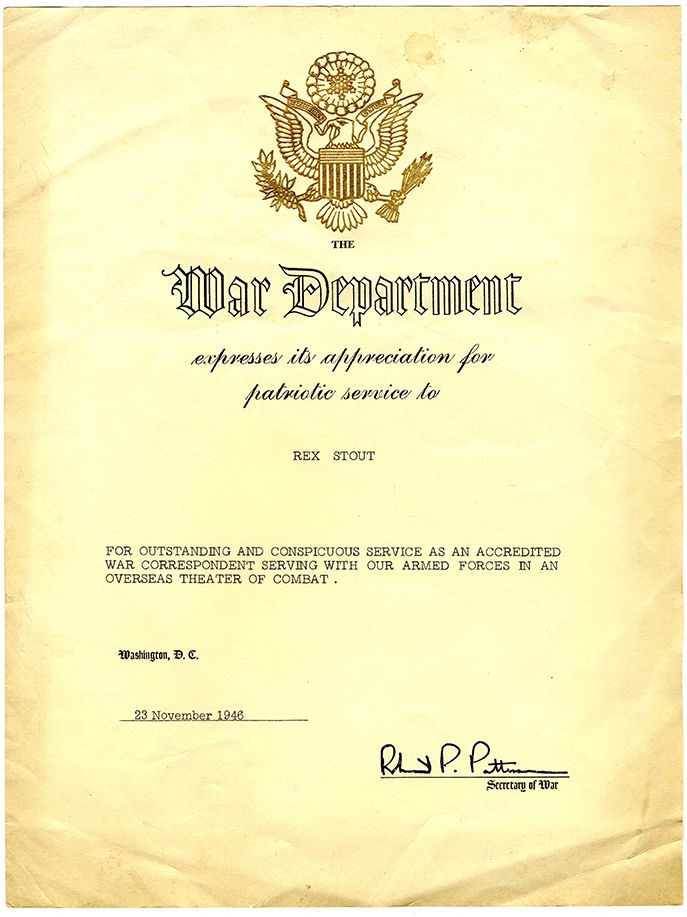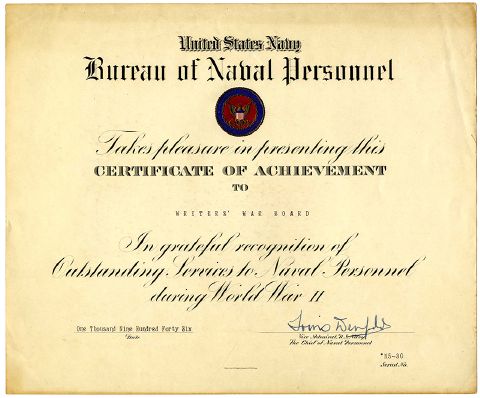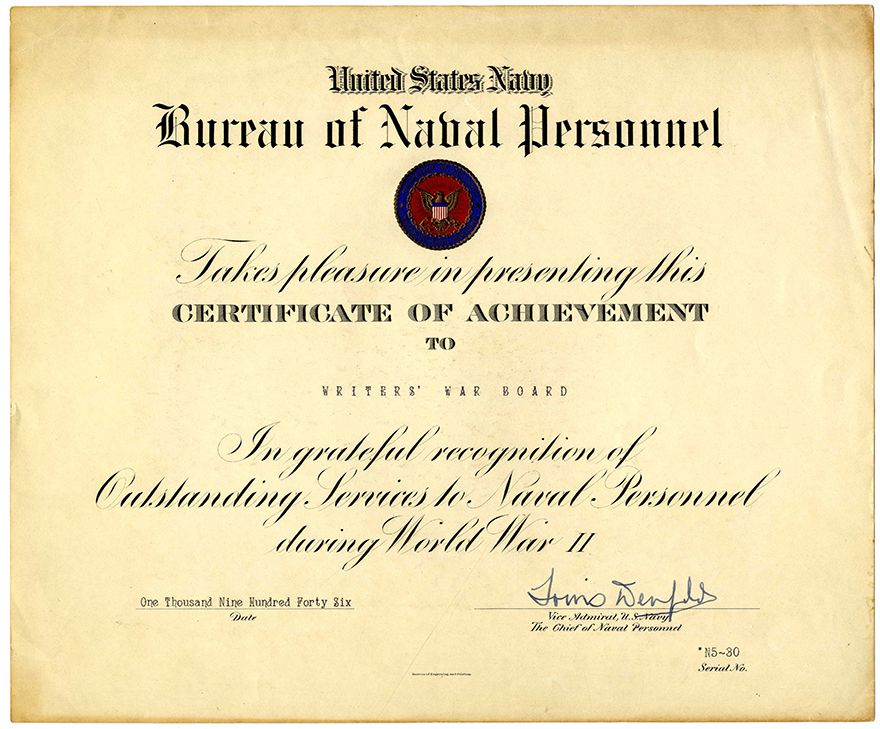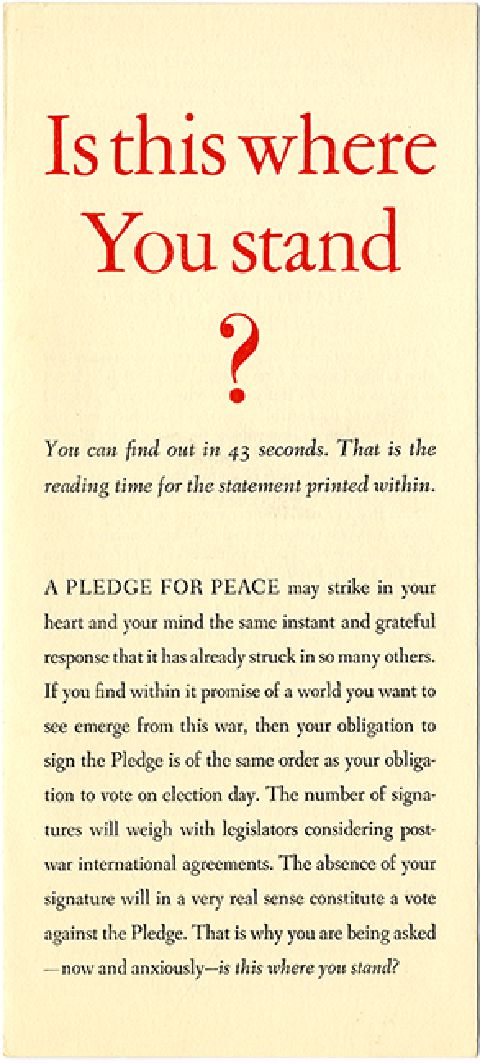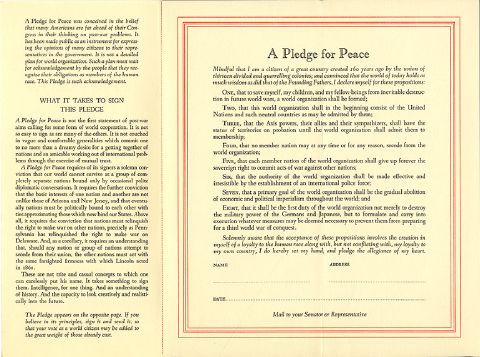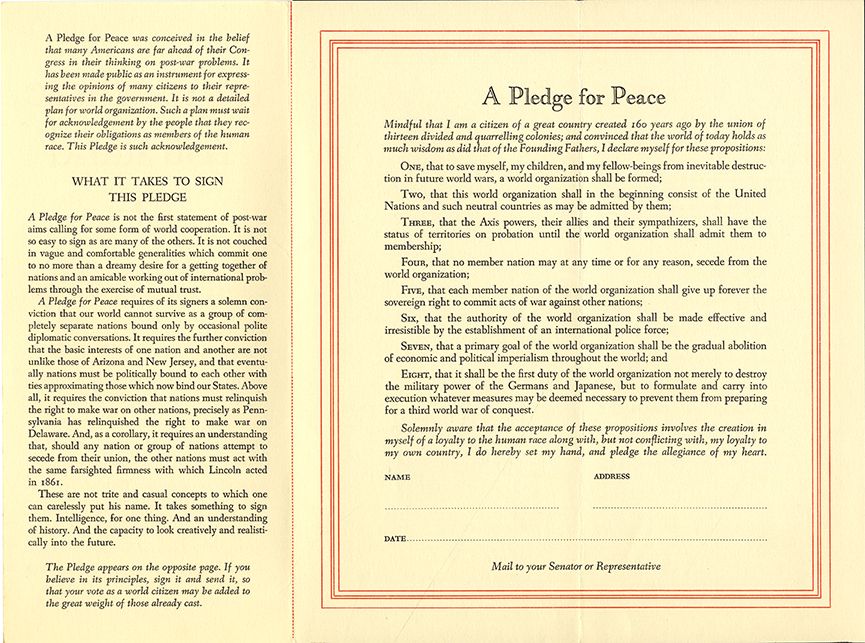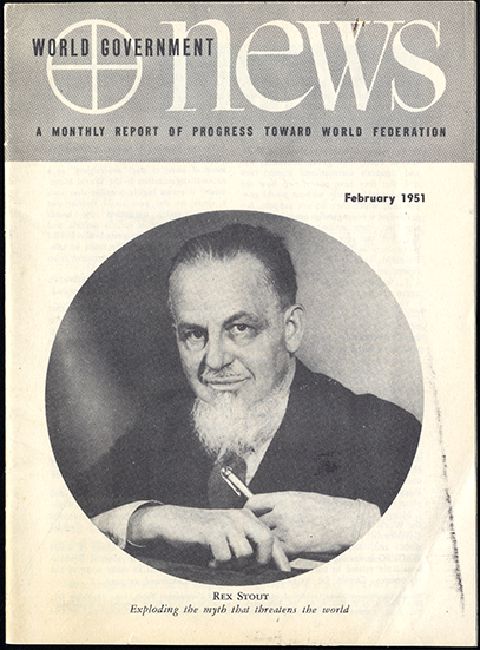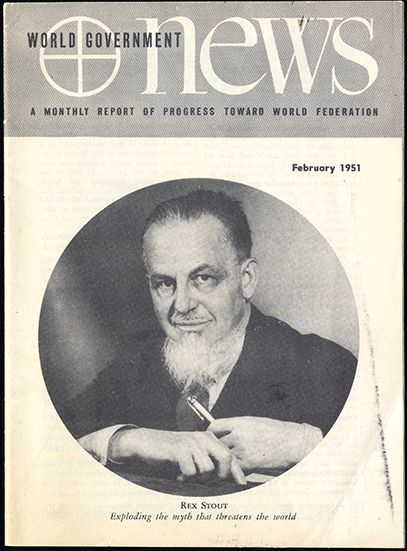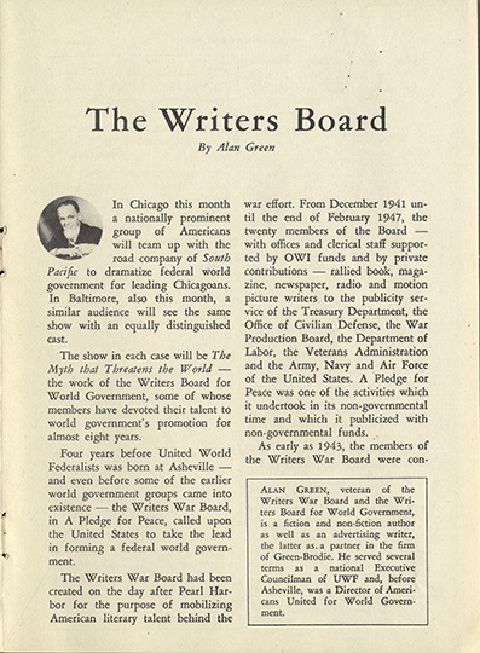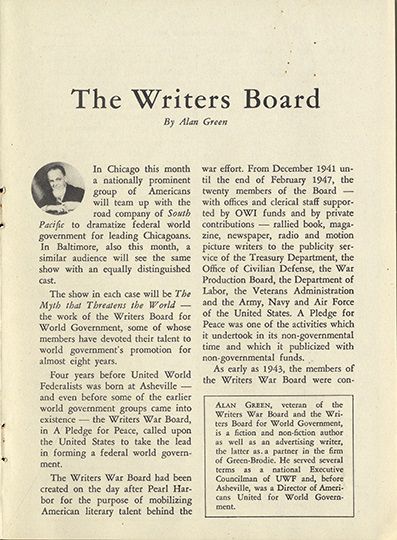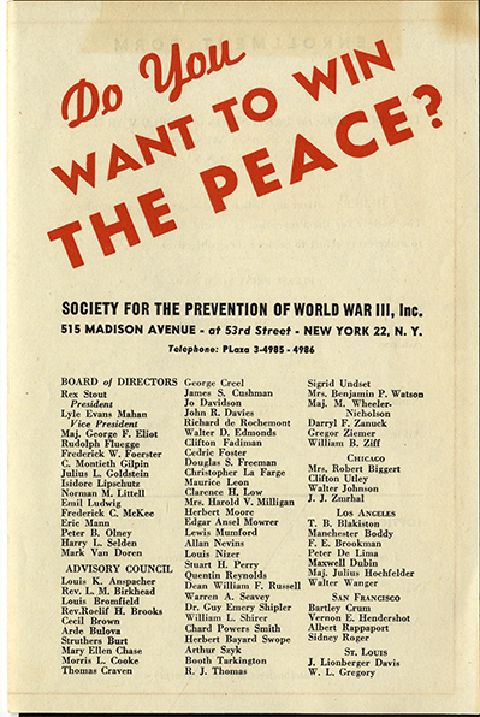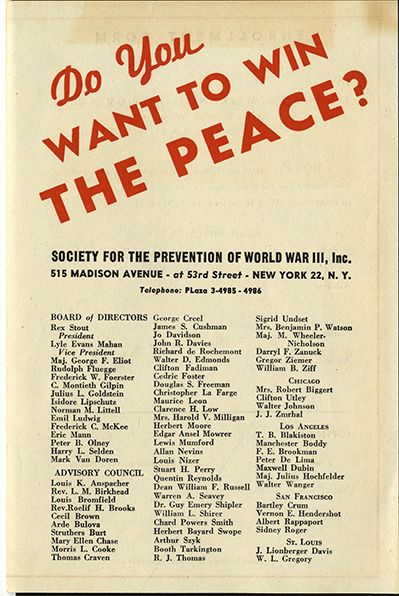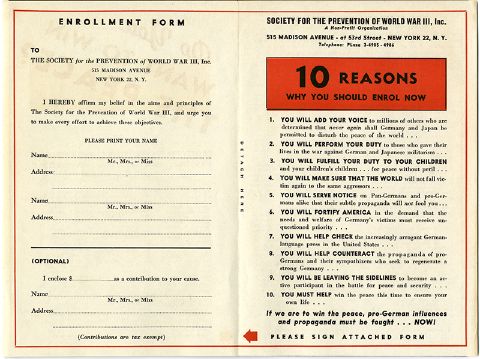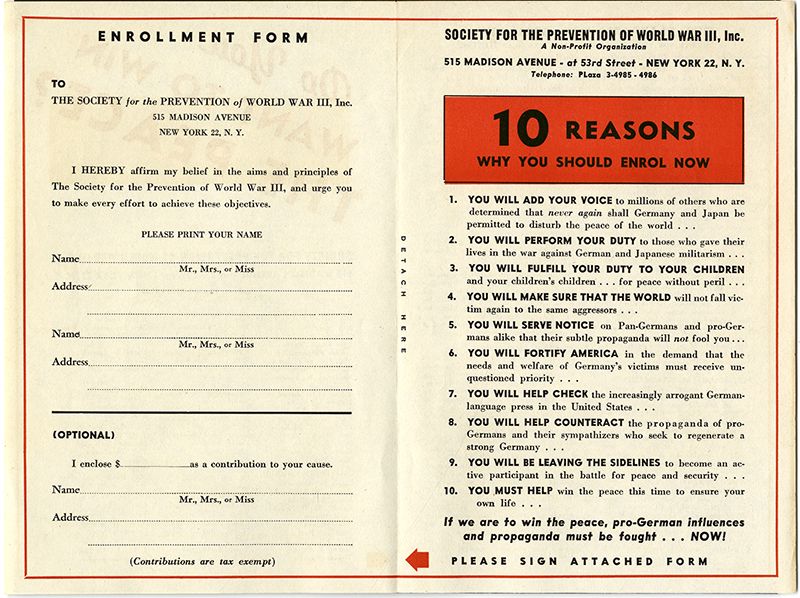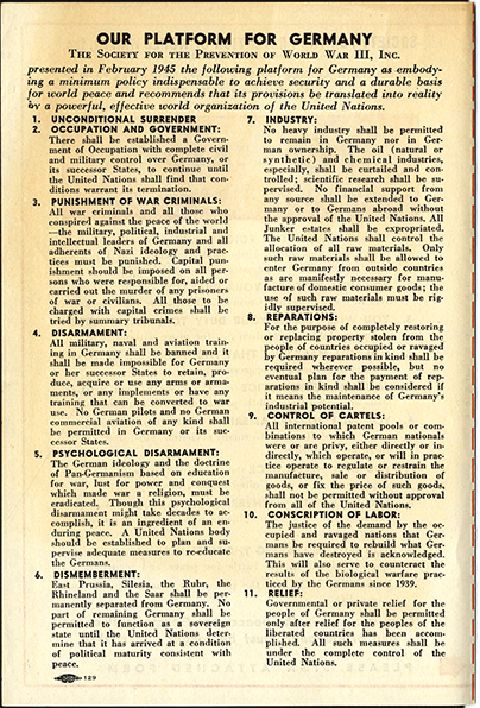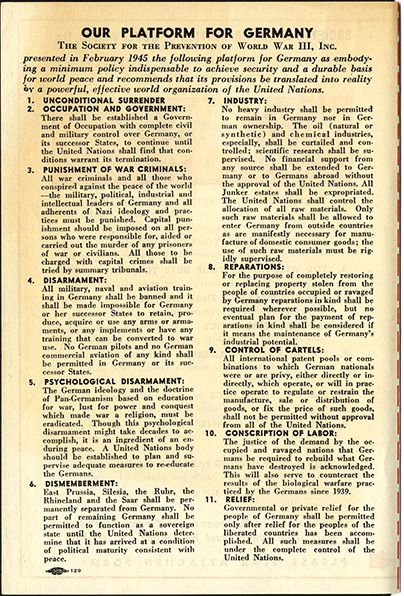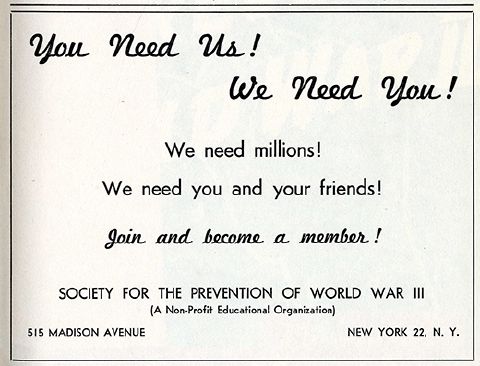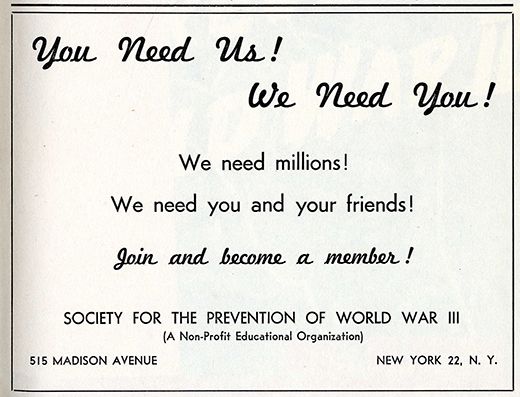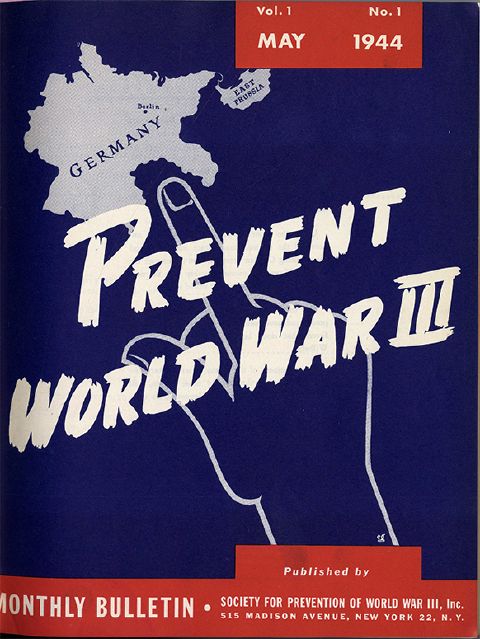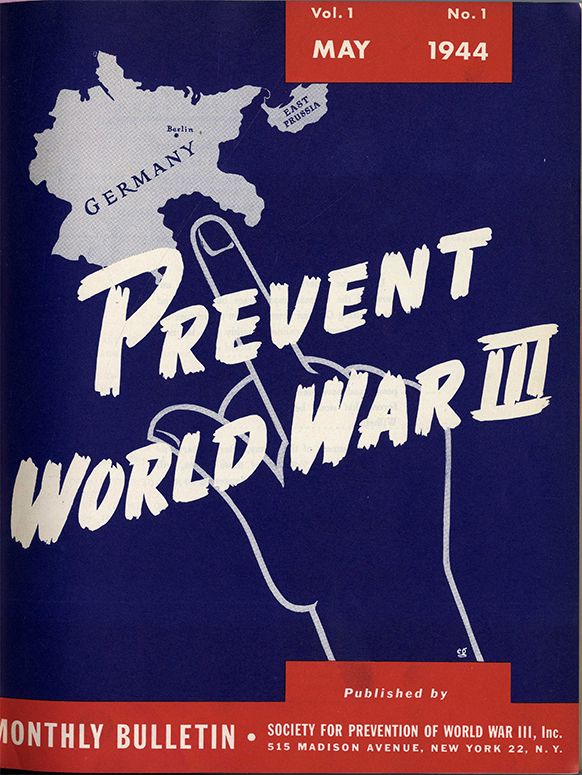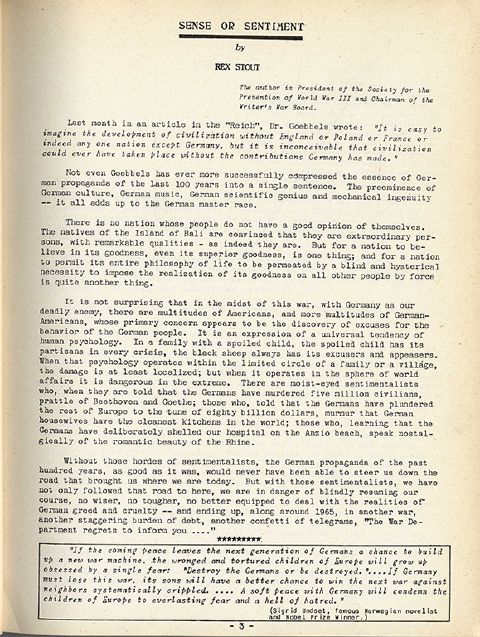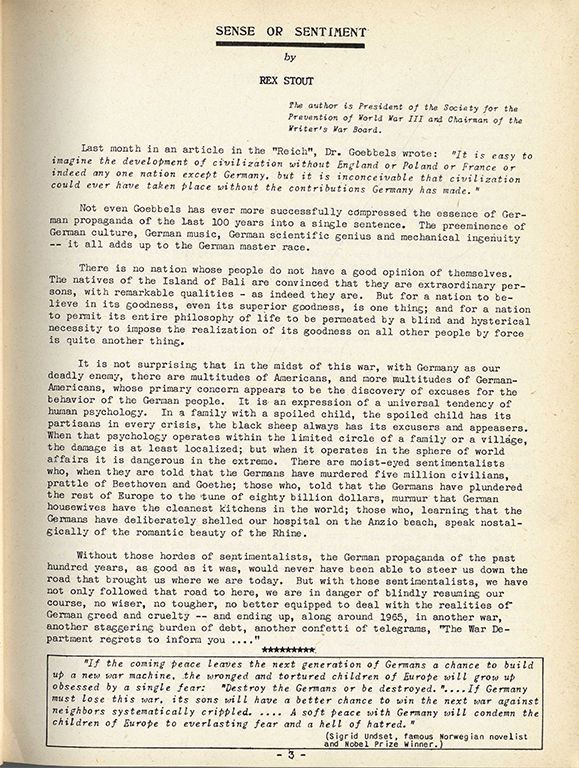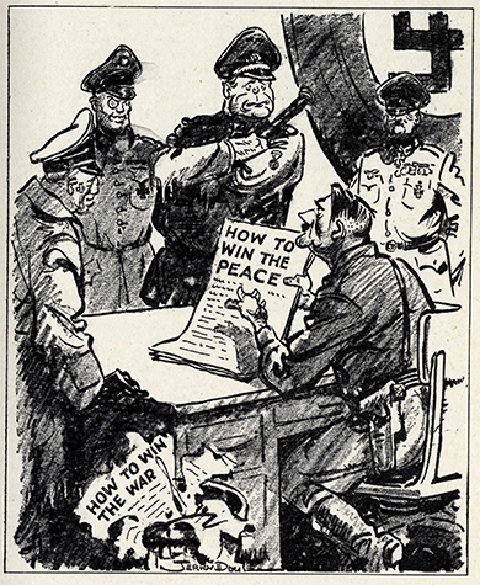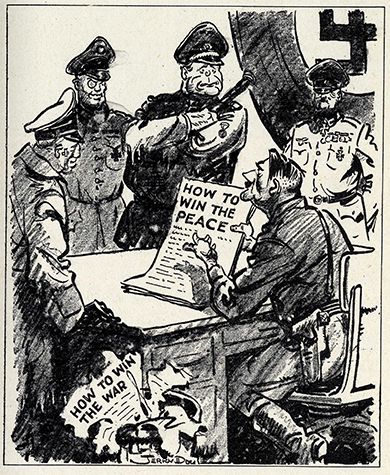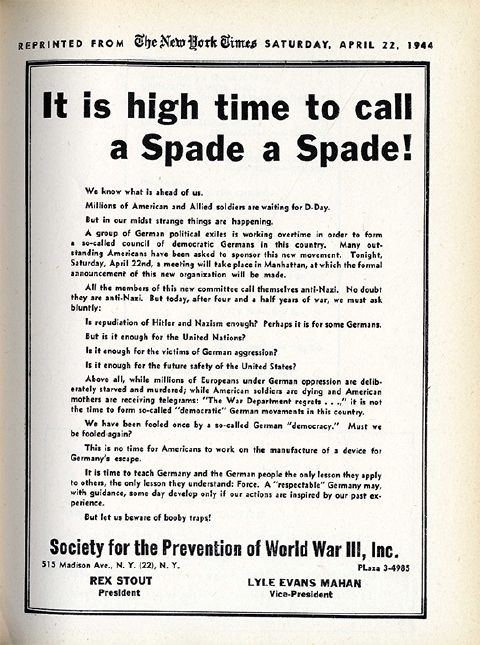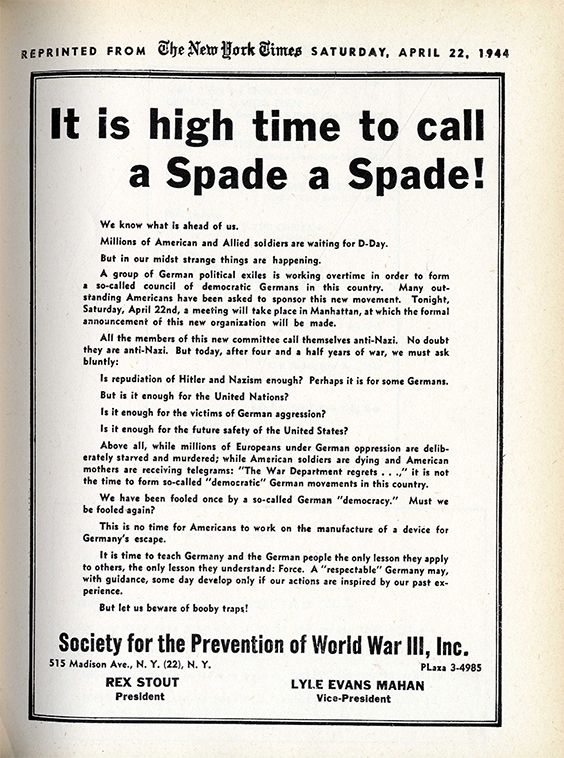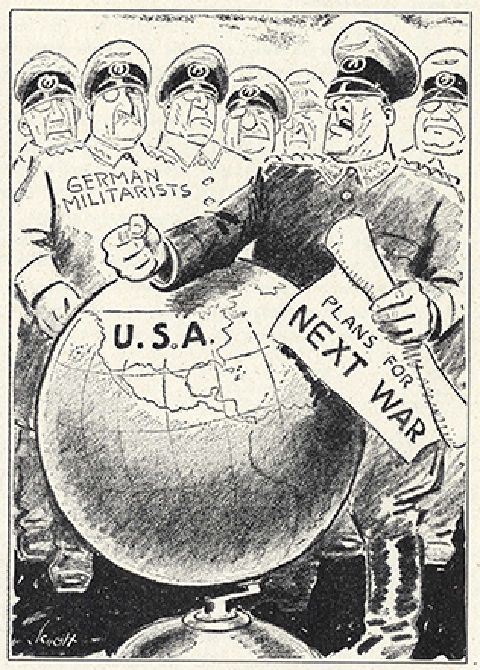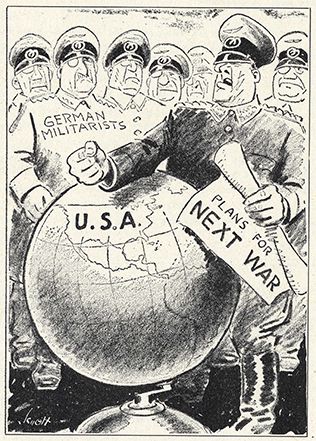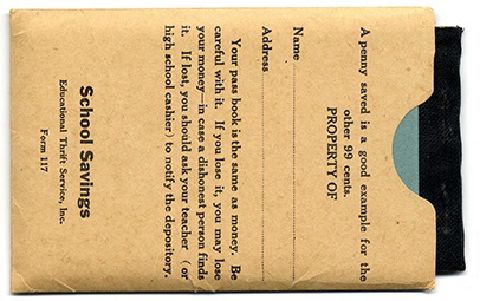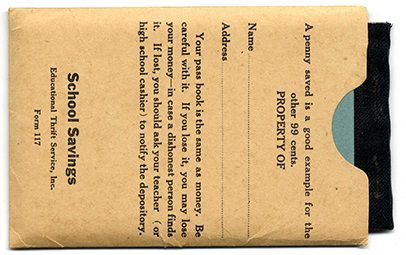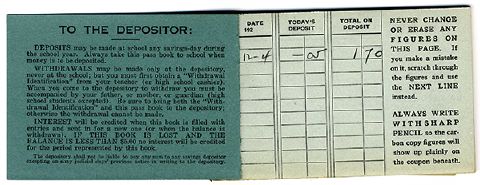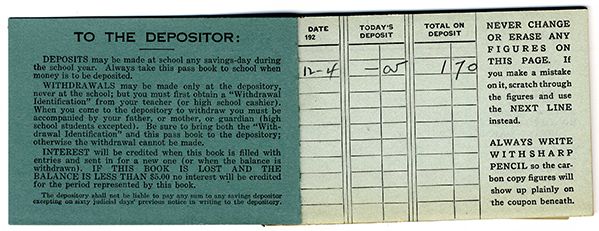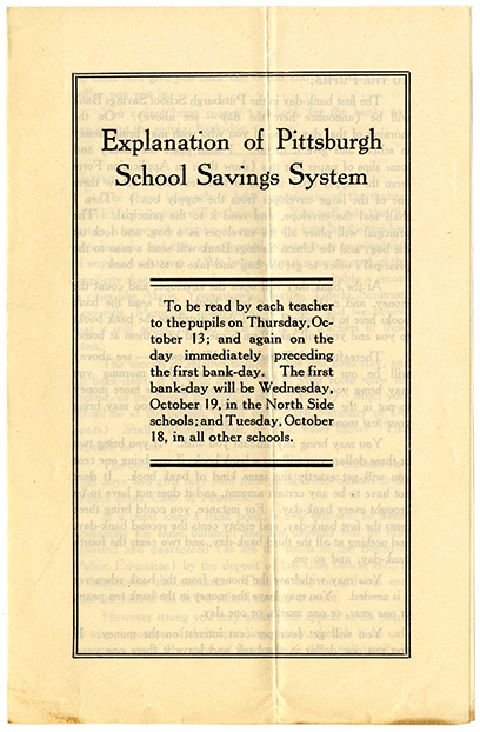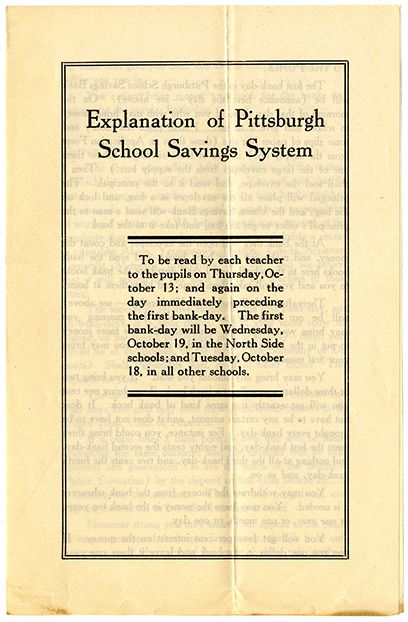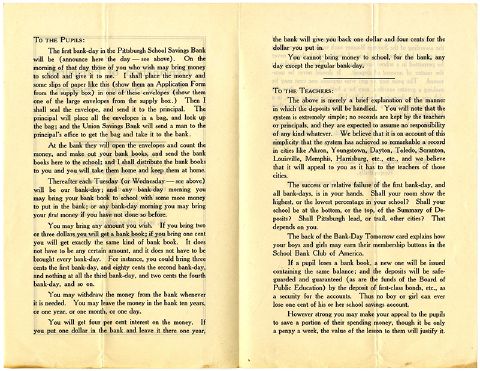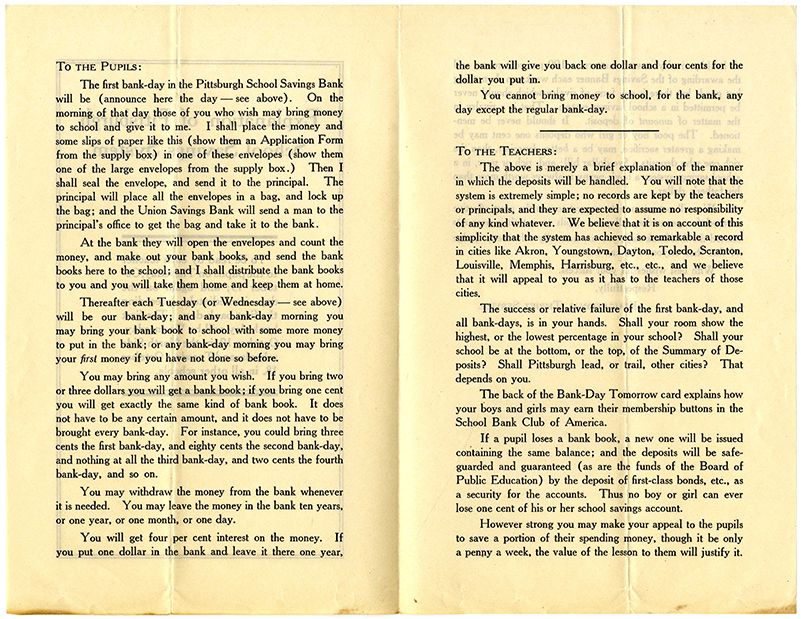Political Activity
Rex Stout became involved in public affairs when he started the Educational Thrift Service, a banking system meant to teach children how banks work and encourage them to open savings accounts. Stout became more politically active during World War II, serving as the president of the War Writers Board and participating in radio shows and interviews to spread American propaganda and counter German propaganda. Stout was not only anti-Nazi, he was anti-Germany. He blamed the Germans for allowing Hitler to rise to power, which was clear in his efforts with the Society for the Prevention of World War III, which Stout chaired.
War Writer’s Board
Founded in 1941, the War Writers Board was a civilian organization of American writers which produced propaganda to foster loyalty to the United States and support the war effort during World War II. While not officially a government agency, this organization received government funding through the Office of War Information and promoted government policy through propaganda and patriotic themes in songs, radio shows, news broadcasts, and fiction. Rex Stout served as chairman of the War Writers Board.
Society for the Prevention of World War III
A spin-off of the War Writers Board, the Society for the Prevention of World War III shared the same vision for global peace, but was more anti-German in its ideals. Founded in 1944, this organization reprinted much of the War Writers Board’s material and, through lobbying efforts and the National Conference on the German Problem, pushed for a more hardline policy for post-war Germany. Stout, the president of this organization, was vehemently anti-German, blaming all Germans for World War II and was insistent that the Germans were already planning World War III.
Educational Thrift Service
Rex Stout developed the Educational Thrift Service in 1916. Its goal was to teach students financial responsibility and the decimal system through real world application. Bankers supported this system, as it brought in new potentially life-long clients at a young age. The system was also lucrative for Stout, allowing him to retire in 1927 with $400,000 from accumulated royalties. This funded his move to Paris, where he wrote his first novel.

